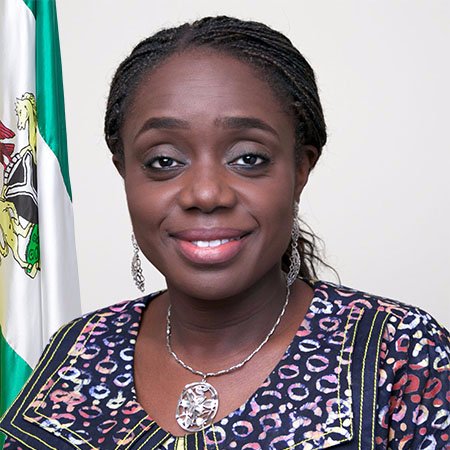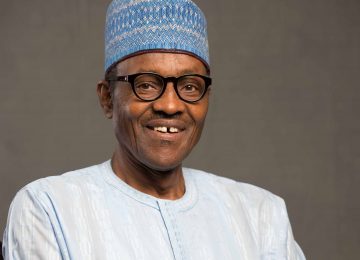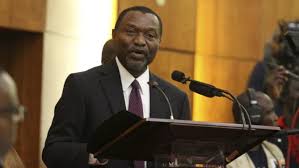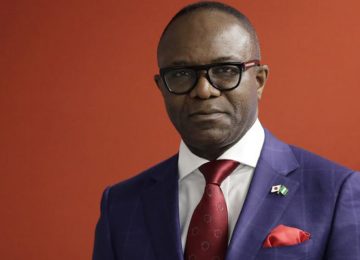The federal government says it has successfully priced its $3 billion Eurobond with a tenor of 10 and 30 years.
This is the biggest Eurobond Nigeria has ever issued.
The $1.5 billion 10-year note will be offered at an interest rate of 6.5 percent, while the 30-year series will bear interest of 7.625 percent and will be repayable with a bullet repayment of the principal on maturity.
The offering is expected to close on November 28, 2017, subject to the satisfaction of various customary closing conditions.
When issued, the Eurobond would be admitted to the official list of the UK Listing Authority and available for trading on the London Stock Exchange.
The pricing was determined after a roadshow led by Kemi Adeosun, minister of finance; Udoma Udo Udoma, minister of budget and national planning; Godwin Emefiele, governor of the Central Bank of Nigeria; Patience Oniha, director general of the Debt Management Office; and Ben Akabueze, director general of the budget office of the federation.
“Nigeria is implementing an ambitious economic reform agenda designed to deliver long-term sustainable growth and reduce reliance on oil and gas revenues while reducing waste and improving the efficiency of government expenditure,” Adeosun said.
“Our economy is beginning to recover, gross domestic product having returned to growth in 2017, but we must maintain the momentum behind our investments in order to further drive growth. That is why we are, and will continue to focus investment on the enabling infrastructure we need to broaden economic productivity.
“Successfully extending out debt profile in the international market to 30 years is a key element of that strategy as it establishes a basis for the longer term financing required for transformational infrastructure investment.
“As we have always stated we are progressively replacing debt with revenue, which is reflected in the 2018 budget proposal. We are establishing the building blocks for inclusive growth and beginning to see the results of the hard decisions that have been made to reset our economy appropriately.”
Oniha said the 30-year Eurobond is the first by a sub-Saharan country.
“This time Nigeria issued a new 10-year bond at a yield of 6.500 per cent and a 30-year benchmark, priced at a yield of 7.625 per cent, which despite the longer tenure remains cheaper than our 15-year issuance earlier this year,” she said.
“The 30-year is a landmark as the tenor represents the first by a sub-Saharan country other than South Africa and importantly establishes the basis for long term infrastructure funding, which is a priority for this government.
“Perhaps even more important is that with this dual tranche issuance the objective of reducing the cost of government borrowing has been achieved.”
Adeosun had earlier said proceeds would be used in funding budgetary expenditure and refinancing domestic debt.
This is the fourth Eurobond Nigeria has issued with previous editions in 2011, 2013 and 2017.
It had issued $500 million Eurobond in 2011, $1 billion in 2013 and another $500 million in February 2017.







